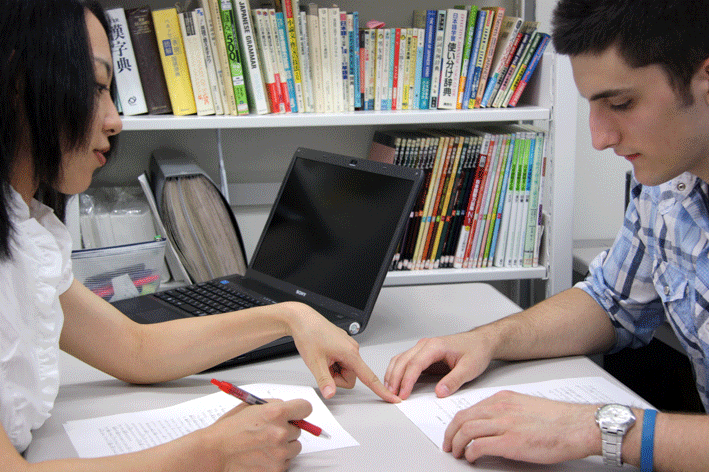

Easter Island stands 3700 kilometres West of Chile. It was discovered on Easter Sunday, 1722 by the Dutch navigator, Jacob Roggeveen. The indigenous Polynesian inhabitants, who were probably several thousand at the time of discovery, were later decimated by disease, war, and slave-raiding activities.
The most surprising sights of the island are the huge stone figures of men which are standing or lying on the ground. There are more than 600 stone men. The figures were carved from volcanic stone by early inhabitants of Easter Island. They are standing facing the middle of the island with their backs to the sea. Archaeologists suggest that the images represented important personalities who were deified after death.
The means used by islanders to transport theses enormous statues (11 m. tall) have never been satisfactorily explained. Native accounts claim that the statues were dragged with heavy rope while small round stones placed beneath the statue served as rollers.
Photo by jasonpearce















































